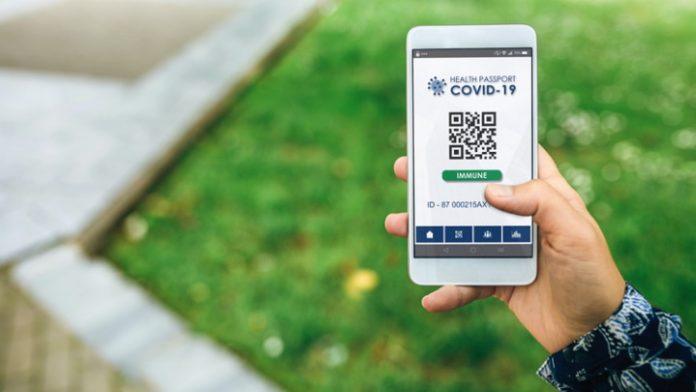To lift border restrictions and as an alternative to current quarantine rules, the International Air Transport Association (IATA) is proposing systematic testing of international travellers. It is in the final development phase of the IATA Travel Pass , a digital health pass that will support the safe reopening of borders. This would help medical travel too.
IATA argues that quarantines essentially kill demand for air travel and governments need to immediately review the drastic socio-economic effect this is having. International air travel continues to be down 90% on 2019 levels.
IATA CEO Alexandre de Juniac argues; “People want and need global mobility. The International Civil Aviation Organization take-off measures make flying safe. But border closures, movement restrictions and quarantine measures make travel impossible for most. We must manage how we live with the virus. But that does not have to mean destroying aviation, risking millions of jobs, crippling economies and tearing apart the international social fabric. We could safely open borders today with systematic COVID-19 testing.”
IATA Travel Pass
Governments are beginning to use testing as a means of limiting the risks of COVID-19 importation when re-opening their borders to travellers without quarantine measures.
IATA says that the information flow infrastructure that is needed for systematic testing must support:
- Governments need to have the means to verify the authenticity of tests and the identity of those presenting the test certificates.
- Airlines need for the ability to provide accurate information to their passengers on test requirements and verify that a passenger meets the requirements for travel.
- Laboratories need for the means to issue digital certificates to passengers that will be recognised by other governments.
- Travellers need for accurate information on test requirements where they can get tested or vaccinated, and the means to securely convey test information to airlines and border authorities.
IATA claims that testing is the first key to enable international travel without quarantine measures. The second key is the global information infrastructure needed to securely manage, share and verify test data matched with traveller identities in compliance with border control requirements.
IATA claims that its Travel Pass will manage and verify the secure flow of necessary testing or vaccine information among governments, airlines, laboratories and travellers. It incorporates four open sourced and interoperable modules that can be combined for an end-to-end solution:
- Global registry of health requirements – enables passengers to find accurate information on travel, testing and eventually vaccine requirements for their journey.
- Global registry of testing / vaccination centres – enables passengers to find testing centres and labs at their departure location which meet the standards for testing and vaccination requirements of their destination.
- Lab App – enables authorised labs and test centres to securely share test and vaccination certificates with passengers.
- Contactless Travel App – enables passengers to create a digital passport, receive test and vaccination certificates and verify that they are sufficient for their itinerary, and share testing or vaccination certificates with airlines and authorities to enable travel. This app can be used by travellers to manage travel documentation digitally and seamlessly throughout their journey, improving travel experience.
IATA’s Timatic is used by most airlines to manage compliance with passport and visa regulations and will be the base for the global registry and verification of health requirements.
IATA and International Airlines Group (IAG) have been working together in the development of this solution and will undertake a trial to demonstrate that this platform, combined with COVID-19 testing, can reopen international travel and replace quarantine.
The first cross-border IATA Travel Pass pilot is scheduled for later this year and the launch slated for quarter one 2021.








 ©2024 All rights reserved LaingBuisson
©2024 All rights reserved LaingBuisson 


